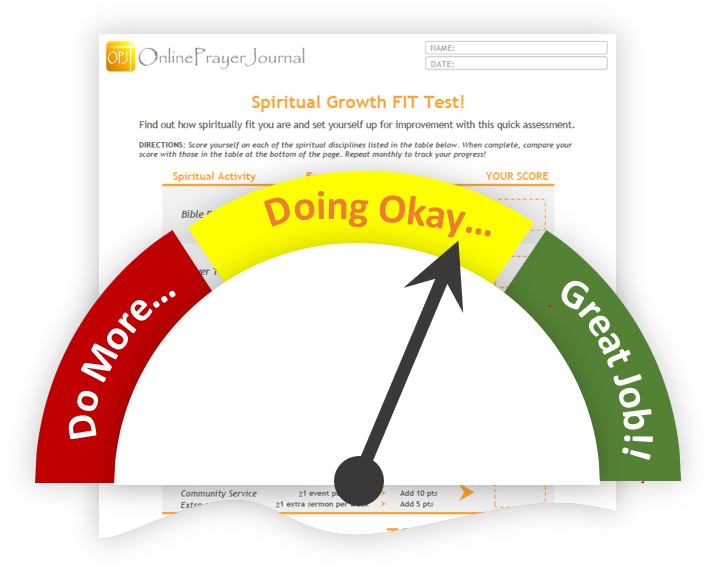Despite our sanctification, we will always have to find ways to deal with our own sin in moments of weakness; we must be on guard that we do not let Satan hijack these moments to lead us into despair...

As Christians, we put continual effort towards sanctification.
But to live completely without sin would be to be perfect - and only Jesus was perfect.
It is a reality that we are left to deal with our own sinfulness from time to time. Even narcissists will have their day of .
So what do we do with our sin?
In the invisible - yet very real - spiritual war for your soul, consider that both the Holy Spirit and Satan are sending you messages.
Today I want to share one simple way to tell the difference.
Are you feeling CONDEMNED or CONVICTED?
Being Condemned
Webster's defines to condemn as to say in a strong and definite way that someone or something is bad or wrong.
Most of us have experienced the feeling of being condemned.
We have felt shame... we have experienced worthlessness... we have convinced ourselves that we are "less than" others.
As Christians trying to be better people, sin can trigger feelings of condemnation.
We may find ourselves cursing at the guy who just cut us off on our morning commute.
We may find ourselves losing patience with our kids and screaming at them.
We may find ourselves saying hateful things to the person we vowed before God to love in sickness and in health.
We may find ourselves returning continually to the very addiction that is destroying every good and righteous relationship we have ever invested in.
When these kinds of things happen in life, condemnation is quick to judge... and in a conclusive way.
Specifically, condemnation bypasses any specific instance of a routine sin. Instead, condemnation concludes that the sin event occurred as a result of who we are. Instead of the sin being a single instance of a wrong, condemnation tells us we are characterized by sin.
Furthermore, condemnation tells us that we will never be able to change. That we should give up any efforts towards self-improvement. Futility and hopelessness soon follow.
Overall, condemnation is GENERAL - we are "bad" because of our sin. It is also DESTRUCTIVE - we are encouraged to accept that we will not ever improve and should stop trying.
Being Convicted
Now let's take a look at conviction.
Webster's defines to convict as to convince of error or sinfulness.
We can immediately see that to be convicted is much more targeted than the comprehensive nature of condemnation.
When we revisit our list from above with the lens of conviction, our perspective (and response) is much different:
1. Cursing at the guy who just cut us off on our morning commute
Conviction quickly reminds us that our attitudes towards others shouldn't carry hatred, regardless of who they are (Matthew 5:44).
2. Losing patience with our kids and screaming at them.
Conviction reminds us that what seems impossible for us is possible for God. When Jesus left the earth, He placed all the fruits of the spirit in our hearts so that we may exhibit them towards others (Galatians 5:22-23).
3. Saying hateful things to the person we vowed to love in sickness and in health.
Conviction reminds of so much when we start to betray our wedding vows. Firstly, we are reminded that any awful internal attitudes and external actions that do not align with Christian love towards others are unacceptable by Christ's standards (Ephesians 4:29-32). Secondly, we are reminded that there is a Christian maturity to which we are called to in ALL relationships (Ephesians 4:11-13) - should our spouses be exempt from this rule? Thirdly, we are reminded that our spouse is a result of a vow made standing before the God who created the entire universe - including us. God clearly describes the responsibility of a man to the wife of his youth in Malachi 2:10-16. Regardless of how many years have passed since the wedding day, a covenant is a covenant in God's eyes.
4. Returning continually to the very addiction that is destroying every good and righteous relationship we have ever committed to invest in.
Conviction reminds us that we seek feelings of satisfaction, security, comfort, and love because we were designed to find those things in God. Any attempt to fill that hole with the desires of our flesh is idolatry and surely ends in death, whether we want to believe it or not. Witness the dysfunction that results when individuals pursue food, sex, and alcohol to satisfy their fleshly desires. How many relationships are left shattered by the wake of a single wayward addict in pursuit of their own satisfaction?
In all of these circumstances, conviction works to remind us of two important things:
1. a specific sin, and
2. the alternative righteous path
You see, conviction is SPECIFIC, unlike condemnation. And as such, it is actionable in a productive way. It is CONSTRUCTIVE.
With clarity of a specific sinful action (e.g., I yelled at a loved one this morning because I was anxious about MY schedule), we can better target specific changes in attitudes and behaviors that ultimately exhibit sanctification.
Who's Who?
Satin wants you believing you have no value. He works continually to diminish your self-worth.
When he succeeds, he destroys the impact God had planned for your life. Quite simply, you don't live up to your potential. That's how he wins the spiritual battle over the lives of others.
Satan is quick to use your sin to define you as a whole - to CONDEMN you.
In contrast, the Holy Spirit works continually for your sanctification.
It is true that we are all burdened with "original" sin. But as Christians, we are empowered by the Holy Spirit to defeat sin in our lives.
The Holy Spirit is our guiding force that gently reminds us when we step outside of our Christian ideals. He convinces us that we are called to and capable of so much more.
The Holy Spirit uses our sinful moments to convict us with actionable information that works to continually sanctify our souls.
Conclusion
We have explored an important difference between feeling condemned and feeling convicted when we sin.
We want to make sure we listen to the Holy Spirit instead of Satan in these moments. The Holy Spirit uses conviction to prompt our spiritual growth. Satan uses condemnation to draw us towards death and despair.
The key features of each are the following:
Condemnation: 1. From Satan 2. General 3. Destructive Conviction: 1. From the Holy Spirit 2. Specific 3. Constructive
In moments of sin, we can use this framework to evaluate our feelings and make sure we are listening to the Holy Spirit instead of Satan.




